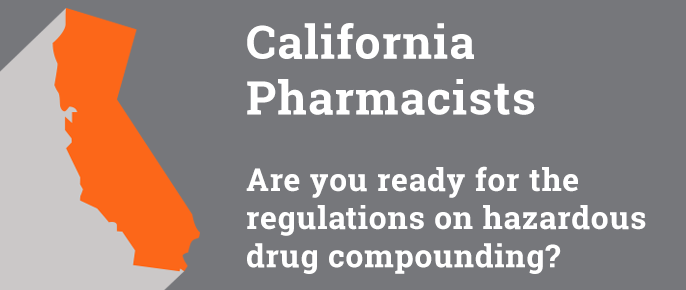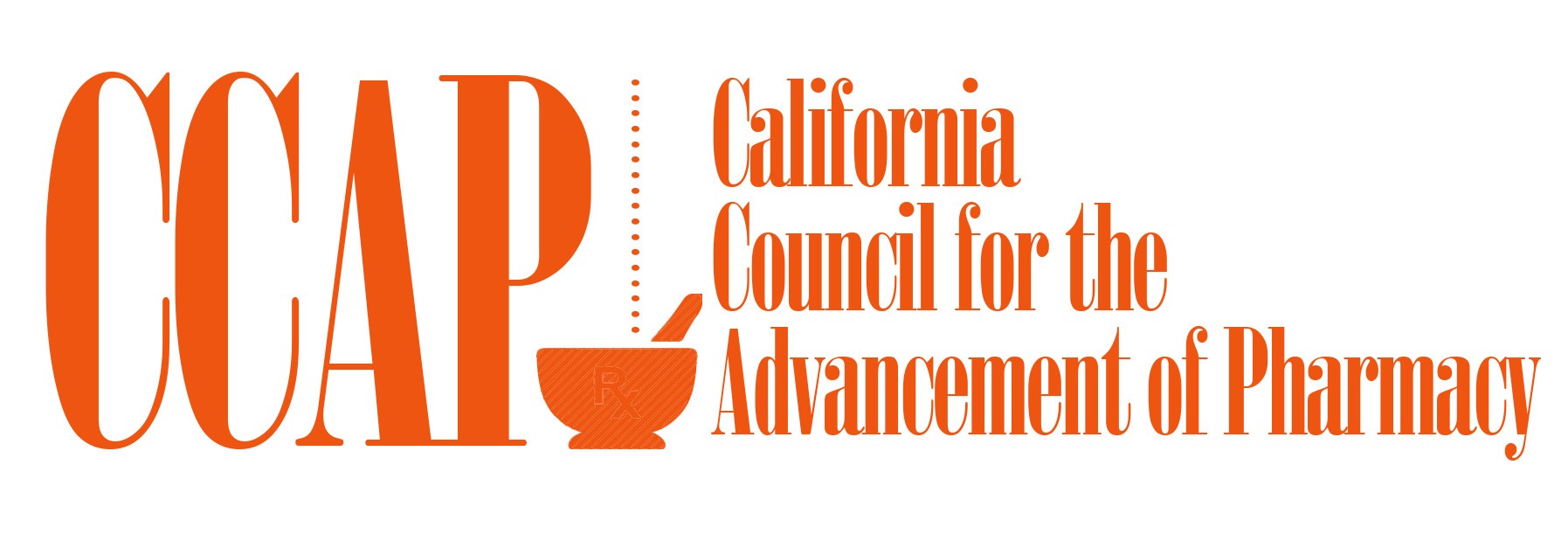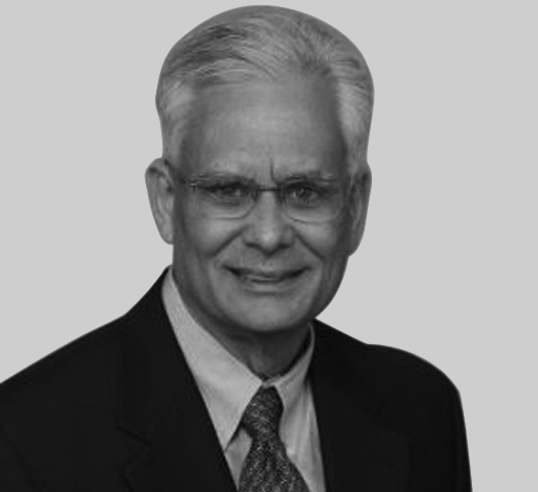What’s in the New California Compounding Regulations?

Accreditation | Learning Objectives | Facilitator
Please note that this is the on-demand version of the webinar.
The California Board of Pharmacy (BoP) has recently approved new regulations for the handling of hazardous drugs affecting both sterile and non-sterile compounding. The United States Pharmacopeia (USP) has also recently approved General Chapter <800> which addresses the handling of hazardous drugs in healthcare settings. Finally, there is a draft revision of USP General Chapter <797> which may change certain practices relating to sterile compounding. The purpose of this program is to provide an overview of the California regulations allowing participants to understand their requirements as well as how they differ from USP standards (i.e., USP <795> and <800>).
Program presented in conjunction with: 
By registering for the webinar, you will have access to a document that provides an in-depth analysis of California Regulations, across the following four categories:
![]()
- Sterile Hazardous Compounding
- Sterile Non-hazardous Compounding
- Non-sterile Hazardous Compounding
- Non-sterile Non-hazardous Compounding
In addition, USP <800> will be compared to the new California Regulations.
This document will serve as a resource to pharmacies in order to better understand the new regulations and reduce confusion, with the goal of achieving compliance.
Intended audience
Learning Objectives
FOR PHARMACISTS:
- Review the California BoP regulations in regards to compounding non-sterile medications, sterile medications, and hazardous drug medications.
- Explain key differences between USP standards and the California BoP regulations.
- List the differences between California BoP requirements for a list of hazardous drugs versus the OSHA, NIOSH, and USP requirements.
FOR TECHNICIANS:
- Review the California BoP regulations in regards to compounding non-sterile medications, sterile medications, and hazardous drug medications.
- Recognize key differences between USP standards and the California BoP regulations.
- List the differences between California BoP requirements for a list of hazardous drugs versus the OSHA, NIOSH, and USP requirements.
An unrestricted educational grant has been provided by MEDISCA Inc.
Hardware/software requirements
High speed internet connectivity and an updated internet browser is required to attend the webinar. The broadband recommended is 1 Mbps or better. The minimum browser requirements to attend the webinar are:
- Google Chrome v39 or later
- Mozilla Firefox v34 or later
- Internet Explorer v8 or later
- Microsoft Edge
- Apple Safari v6 or later

JOE CABALEIRO, BS Pharm, RPh
Senior Associate, Gates Healthcare Associates
Disclosure: Accreditation Commission for Health Care Consultant; Gates Healthcare Associates Consultant; Healthrx Group Consultant; MEDISCA Consultant
Mr. Cabaleiro is the former Associate Director of Pharmacy for the Accreditation Commission for Health Care (ACHC); responsible for the development of compounding quality standards. He is also the former Executive Director for the Pharmacy Compounding Accreditation Board (PCAB), and a former surveyor for the Joint Commission on Accreditation of Healthcare Organizations (JCAHO). In addition, Mr. Cabaleiro has served on the United States Pharmacopeia’s Council of the Convention.
A pharmacist for more than 30 years, Mr. Cabaleiro is a nationally recognized expert in non-sterile and sterile compounding, pharmacy quality, accreditation standards, and compounding pharmacy management and operations. Mr. Cabaleiro began his career in home-infusion therapy as pharmacy manager. In 1982, he developed an innovative compounding computer system used nationwide that combined a notebook computer, barcode reader, and electronic balance to permit the safe preparation of complex total parenteral nutrition solutions. He served multiple facilities in the roles of operations and general management during this period of his professional career.
In 1989, Mr. Cabaleiro founded and led a compounding pharmacy, catering to both human and veterinary patients in Cary, North Carolina. During his ownership of the pharmacy, he helped establish the Pharmacy Compounding Accreditation Board (PCAB) and served on various committees that developed industry standards. His pharmacy was among the first to receive PCAB accreditation. After selling the pharmacy, Mr. Cabaleiro joined PCAB during the organization’s most dynamic period of growth.
Mr. Cabaleiro received his Bachelor of Science in Pharmacy from the University of Florida. He has served as an adjunct professor at the University of North Carolina, and has written numerous articles in professional journals, as well as policy and procedure manuals for home-infusion and compounding pharmacies.
CPE Credits: 2 CPE hours = 0.2 CEUs
Joint Accreditation Status (University of Florida College of Pharmacy/LP3 Network)
Activity Type: Knowledge-based
UAN: 0012-9999-16-481-H04-P/T for pharmacists and technicians
Release Date: October 26th, 2016
Expiration Date: October 26th, 2019
To receive CPE credits for the webinar, participants must be in attendance during the entire webinar, complete a learning assessment with a score of 70%, and submit a completed evaluation.
Participants registered in the United States can obtain a statement of credit from their NABP e-Profile. The University of Florida College of Pharmacy will report CPE credits to the CPE Monitor. Participants registered other than in the United States will receive a statement of credit by email.

International participants should verify with their respective governing board for accreditation equivalency.

 Facebook
Facebook X
X LinkedIn
LinkedIn Forward
Forward